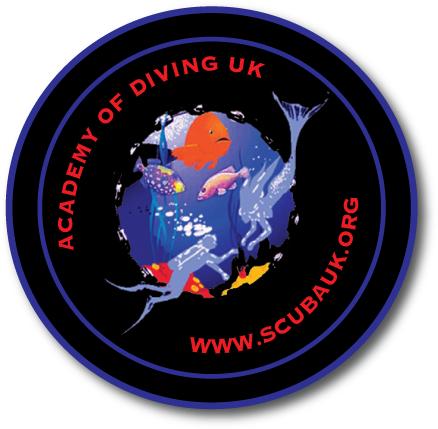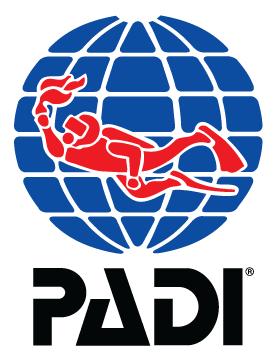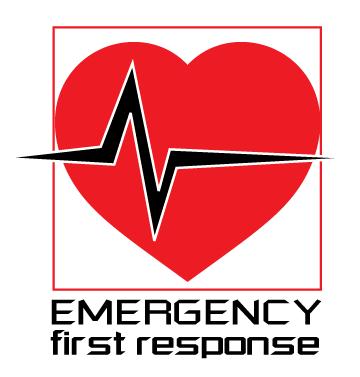ACADEMY OF DIVING UK
WWW.ACADEMYOFDIVING.CO.UK
U.K Numbers - T : +44 (0)1505 391139 • M : +44 (0)7490 054174
Jamaica Number - +1 876 857 8836
•
Email : allan@academyofdiving.co.uk
.
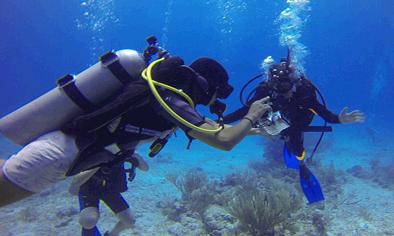
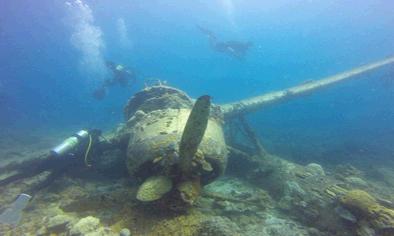
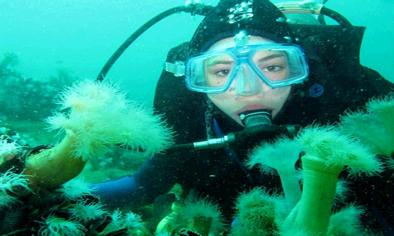
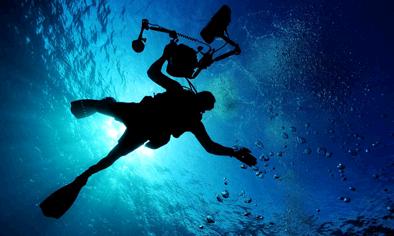
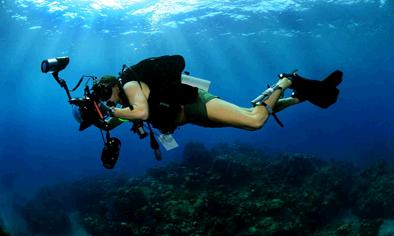
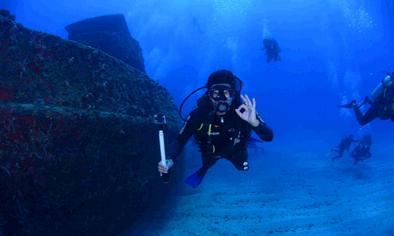
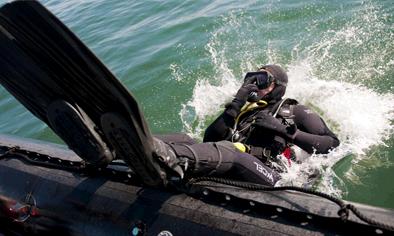
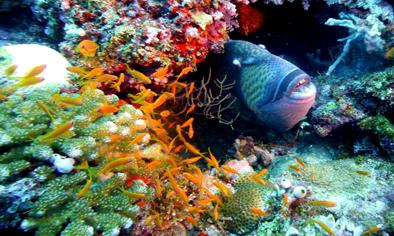
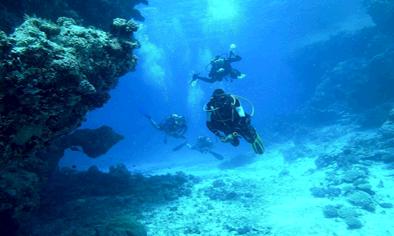
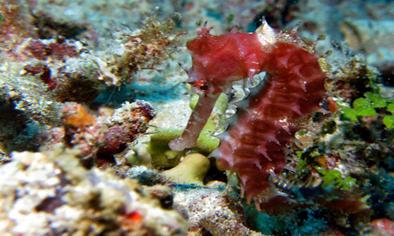
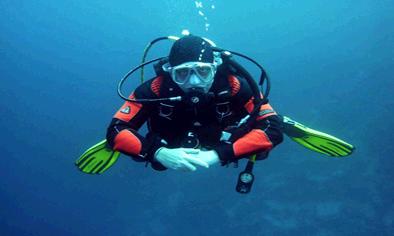
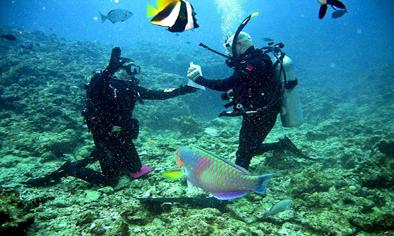
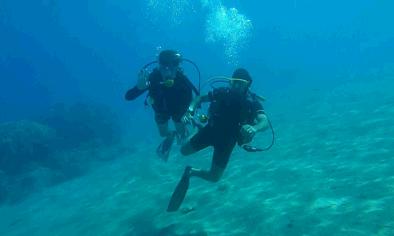
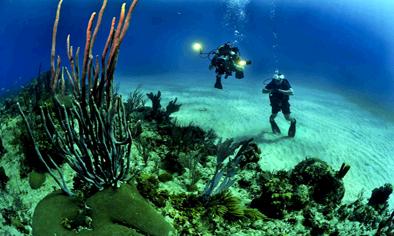
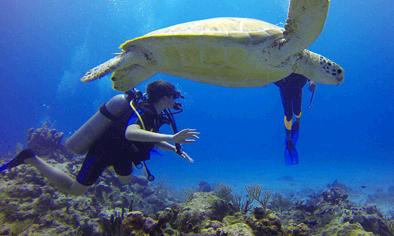
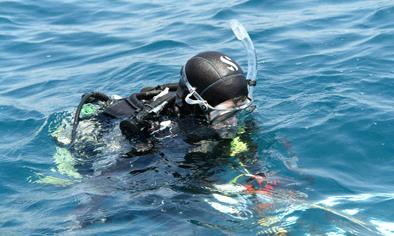

Our MAster INSTRUctOR
Our head of dive operations, Allan Woods , has twenty years experience in Scuba Diving instruction.
Former Instructor Poseidon Dive Centre Cyprus • Former Chief Instructor at Manta Diving Lanzarote • Chief Instructor Aegean Pro Dive Centre, Turkey • Dive supervisor at Aquatron Glasgow.
The Academy Of Diving UK established in 2008 is offering first class instruction in all PADI courses. A friendly personal service with the attention to detail that makes the difference. We also offer excellent rates on dive trips to some of the worlds top diving destinations with our Dive Club Bubblezone.
Come along to one of our pool nights and enjoy the welcoming atmosphere and meet our dive team.
QUALIFICATIONS
Download PADI Qualifications • Download Credentials
DISCOVER SCUBA DIVING
Discover Scuba Diving 1
Join us at the Academy Of Diving for a try dive in the sea to a maximum depth of 9 metres. Experience a whole new world of fun and adventure as you explore the underwater environment.
Discover Scuba Diving 2
Take your adventure to another level as you dive to 12 metres and get a real feel of what diving is all about.
STRUCTURED TRAINING
The PADI Open Water Course gives the student an internationally recognised diving qualification that allows you to dive anywhere in the world to 18 mtrs.
The PADI Advanced Open Water A diving adventure where you choose five adventure dives from the many diving disciplines, including, Wreck, deep, drift, navigation, Dry suit, underwater photographer etc. See PADI website for a comprehensive listing of options available.
PADI Rescue Diver where the diver is taught survival and rescue techniques to help other divers in difficulty. Following this the diver has the option of doing a multitude of speciality courses.
We can offer training on all of the folowing... Peak Performance Buoyancy, Under Water Navigation, Drift Diving, Dry Suit Diving, Search And Recovery Diving, Diver Propulsion Vehicle Diving, Multi Level Diving, Enriched Air Diving, Boat Diving, Coral Reef Conservation, Emergency First Responder and Emergency First Response with AED (defibrillators) These are all optional courses. Most divers want to do at least five of them to get the Master Scuba Diver Certification.
1st Professional Level / Divemaster This is an extensive course both academically and practically and is usually done over a period of around six months intensive training with exams at various stages of the course. On qualification a Divemaster can lead dives in the sea and work with students to help them develop their skills. They cannot teach.
Assistant Instructor Takes training to another level and allows the Assistant a Instructor to teach some basic skills. To get to a Instructor Level is all about perfecting everything you have been taught and learning about marketing , duty of care, the business of diving and risk management.
PADI Open Water Scuba Instructor As a PADI Instructor you can teach students from Bubblemaster through Discover Scuba Diving, The PADI Open Water Course, The Rescue Diver Course, The advanced Open Water Course and the Divemaster Course and finally Assistant Instructor Course.
Master Scuba Diver Trainer (MSDT Instructor) You will qualify for this rating when you have completed, under the supervision of a Course Director, at least five PADI Speciality Instructor Courses.
PADI IDC Staff Instructor As a PADI IDC Staff Instructor you will be assisting the Course Director with the running of Instructor Development courses and giving guidance to Instructors and Divemasters to improve there supervisory skills.
Master Instructor A rating you can achieve by certifying a pre prescribed number of divers in various disciplines and course levels.
Course Director is a rating that allows you to run Instructor Development Courses teaching would be instructors.
FOR FURTHER INFORMATION CLICK ON THE LINK WWW.PADI.COM.
CAVERN DIVING
Cave Diving is underwater diving in water-filled caves. It may be done as an extreme sport, a way of exploring flooded caves for scientific investigation, or for the search for and recovery of divers lost while diving for one of these reasons. The equipment used varies depending on the circumstances, but almost all cave diving is done using scuba equipment, often in specialised configurations. Recreational cave diving is generally considered to be a type of technical diving due to the lack of a free surface during large parts of the dive, and often involves decompression.
In the United Kingdom, cave diving developed from the locally more common activity of caving. Its origins in the United States are more closely associated to recreational scuba diving. Compared to caving and scuba diving, there are relatively few practitioners of cave diving. This is due in part to the specialized equipment and skill sets required, and in part because of the high potential risks due to the specific environment.
Despite these risks, water-filled caves attract scuba divers, cavers, and speleologists due to their often unexplored nature, and present divers with a technical diving challenge. Underwater caves have a wide range of physical features, and can contain fauna not found elsewhere.
COURSE REQUIREMENTS
Cave Diving - Pre-Requisites : Padi Advanced Open Water or higher. Minimum age 15 yrs old.
Course Overview - The planning, organisation, procedures and techniques, equipment, problems and hazards associated with Cavern Diving. Dive planning taking consideration of mapping, visibility, water type, lighting and overhead environment. Close monitoring of air supply and auxiliary air supply, back up lighting, and Dive Emergency procedures. Use of lines and maintaining contact with buddy in extreme environments. Proper weighting in caves and cenotes where salt and fresh water layer. Emergency contingency planning.
ICE DIVING
Ice Diving is penetration diving where the dive takes place under ice. Because diving under ice places the diver in an overhead environment, typically with only one point of entry and exit, Ice Diving requires special procedures , techniques and equipment. Ice Diving also requires a surface support team. Many Ice Divers choose to dive in extreme temperatures merely for the challenge ice diving offers. But others site the excellent visibility and wide variety of large sea life often found under the ice as their reason. Ice Diving is not for the faint hearted and brings with it many safety considerations that need to be taken into account.
COURSE REQUIREMENTS
Ice Diving - Pre-Requisites : Padi Advanced Open Water or above. Minimum age 15 yrs.
Course Overview - The planning, organisation, procedures and techniques, problems and hazards of Ice Diving. Proper procedures of using ice screws, surface support and communications, line laying and preventing regulator freeze. Proper entry and exit procedures and minimising surface time after donning kit. Buddy systems and maintaining close contact using appropriate equipment. Identifying onset of reaction to extreme cold and acting accordingly. Staying warm after the dive and how to recognise hypothermia
NIGHT DIVING
Night Diving is underwater diving done during the hours of darkness. It frequently refers specifically to recreational diving which takes place in darkness. The diver can experience a different underwater environment at night, because many marine animals are nocturnal.
There are additional hazards when diving in darkness, such as dive light failure. This can result in losing vertical visual references and being unable to control depth or buoyancy, being unable to read instruments such as dive computers and diving cylinder contents gauges, and potential separation from the rest of the diving group, boat, or shore cover. Even with a functioning light, these hazards are still present in night diving. Backup lights are recommended.
Normal requirements for night diving are a dive light, and adequate protection from exposure. Some precautions and skills for night diving include: avoiding shining the light in other divers' eyes, to be aware of and use surface light signals for bearings, and if appropriate to use an illuminated shotline buoy. A surface marker buoy with an attached strobe light or cyalume stick can be used to indicate the position of the divers to the surface team.
The use of a strobe light by a diver under water can damage the night vision of other divers.
COURSE REQUIREMENTS
Night Diving - Pre-Requisites : Padi Open Water or equivalent. Minimum age 12 years.
Course Overview - The planning, organisation, procedures and techniques, problems and hazards of night diving. Proper procedures for buoyancy control, navigation and communications. Use Of Lights And buddy system techniques. Disorientation and emergency procedures. Orientation to nocturnal equator life.
WRECK DIVING
Wreck Diving is recreational diving where the wreckage of ships, aircraft and other artificial structures are explored. Although most wreck dive sites are at shipwrecks, there is an increasing trend to scuttle retired ships to create artificial reef sites. Diving to crashed aircraft can also be considered wreck diving. The recreation of wreck diving makes no distinction as to how the vessel ended up on the bottom.
Some of the best diving anywhere in the world is Wreck diving. Immerse yourself in history as you explore both inside and outside ship wrecks from bygone eras and marvel at the diverse species of sea life that have made these wrecks their home..
Some wreck diving involves penetration of the wreckage, making a direct ascent to the surface impossible for a part of the dive.
COURSE REQUIREMENTS
Wreck Diving - Pre-Requisites : Padi Adventure Diver or equivalent.
Course Overview - The planning, organisation, procedures and techniques, problems and hazards of Wreck Diving. The preparation and use of dive lights, air supplies, special equipment, penetration lines and reels and proper buoyancy to avoid silt outs. Limited visibility diving techniques and emergency procedures.
.
ALLAN WOODS
U.K Numbers - T : +44 (0)1505 391139 • M : +44 (0)7490 054174
Jamaica Number - +1 876 857 8836
•
Email : allan@academyofdiving.co.uk
.
